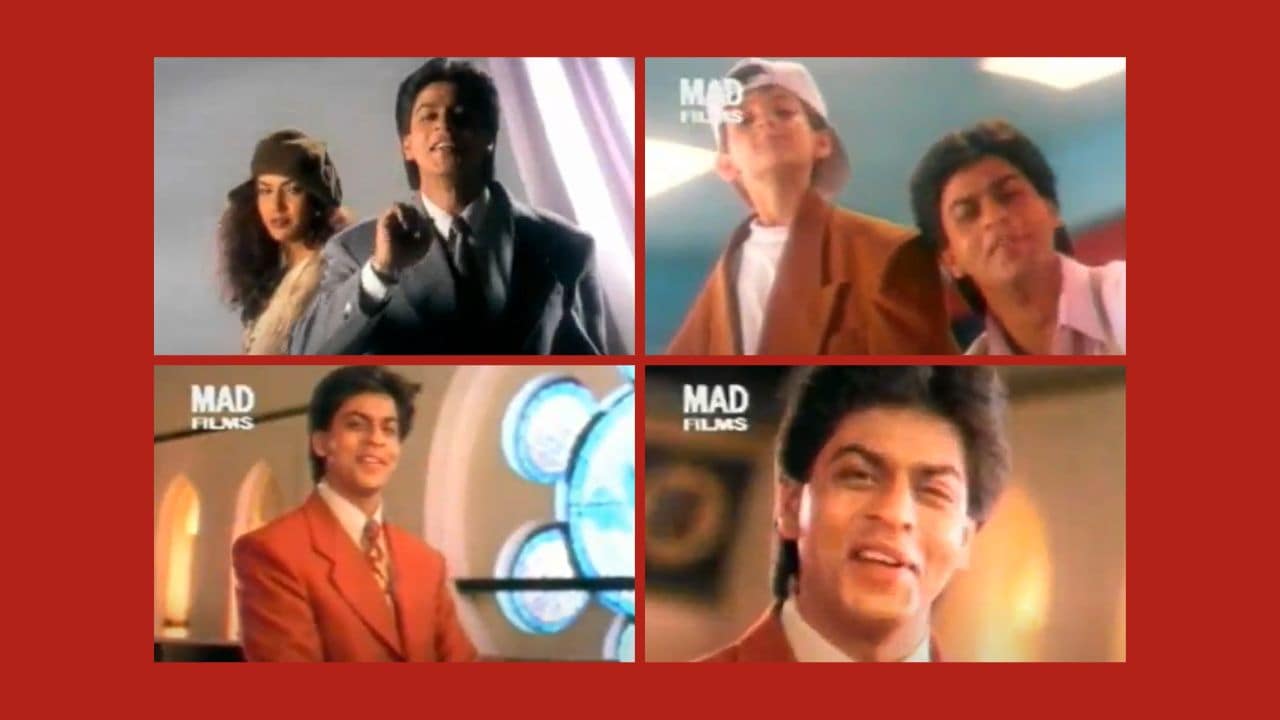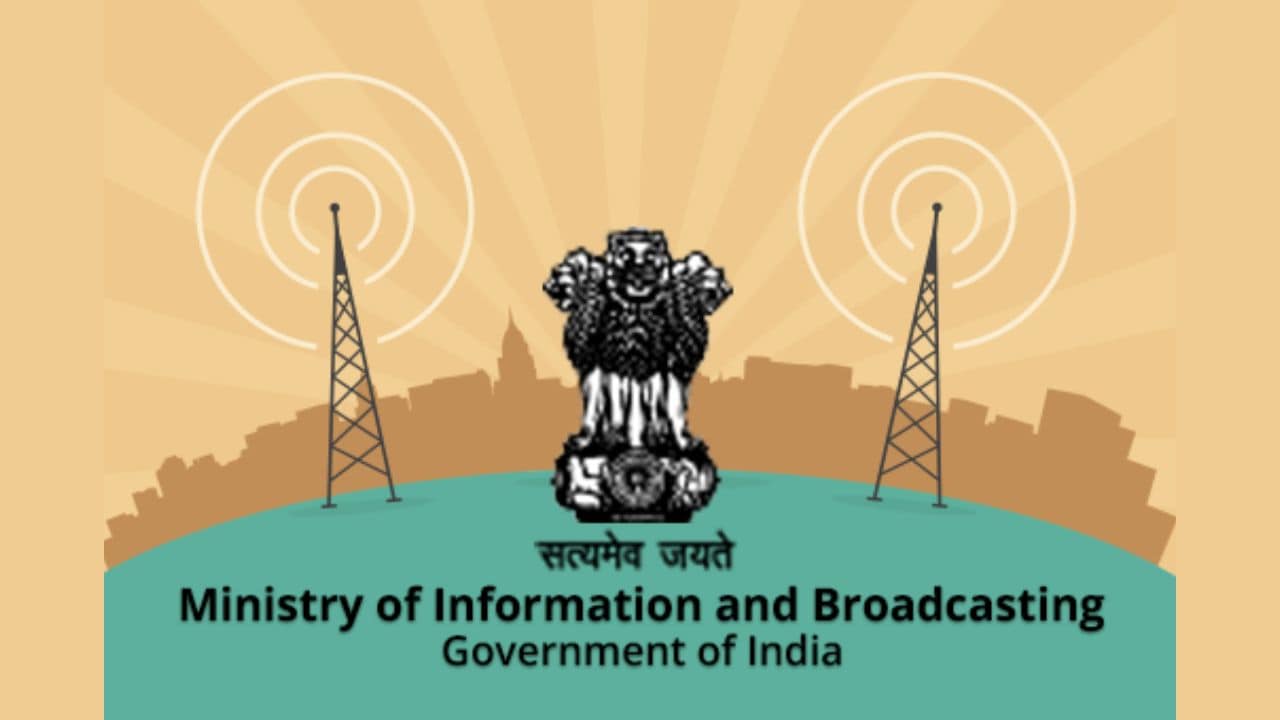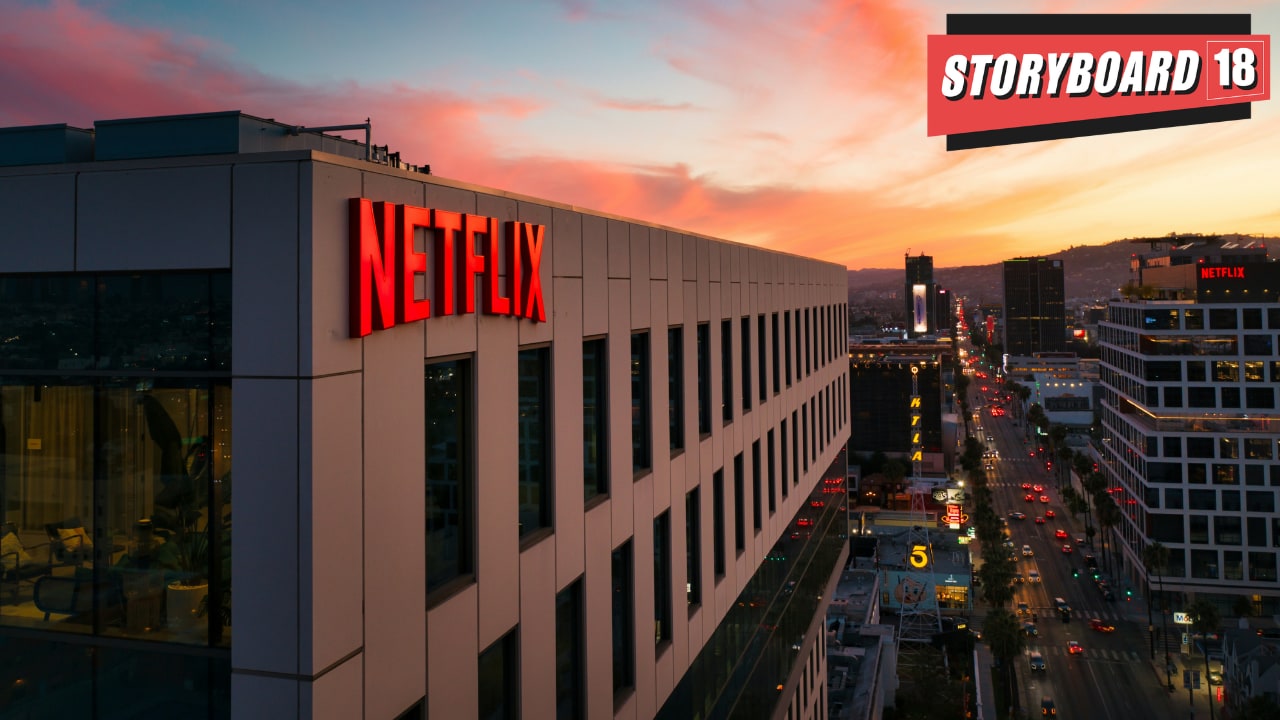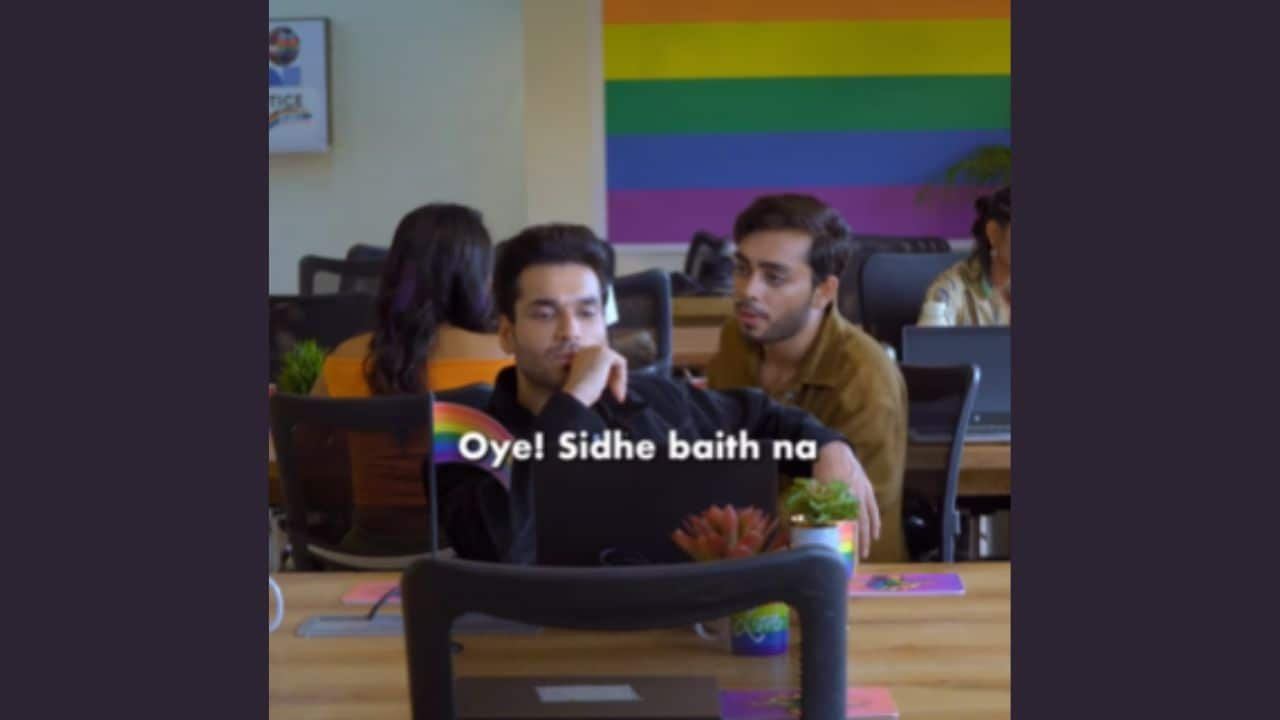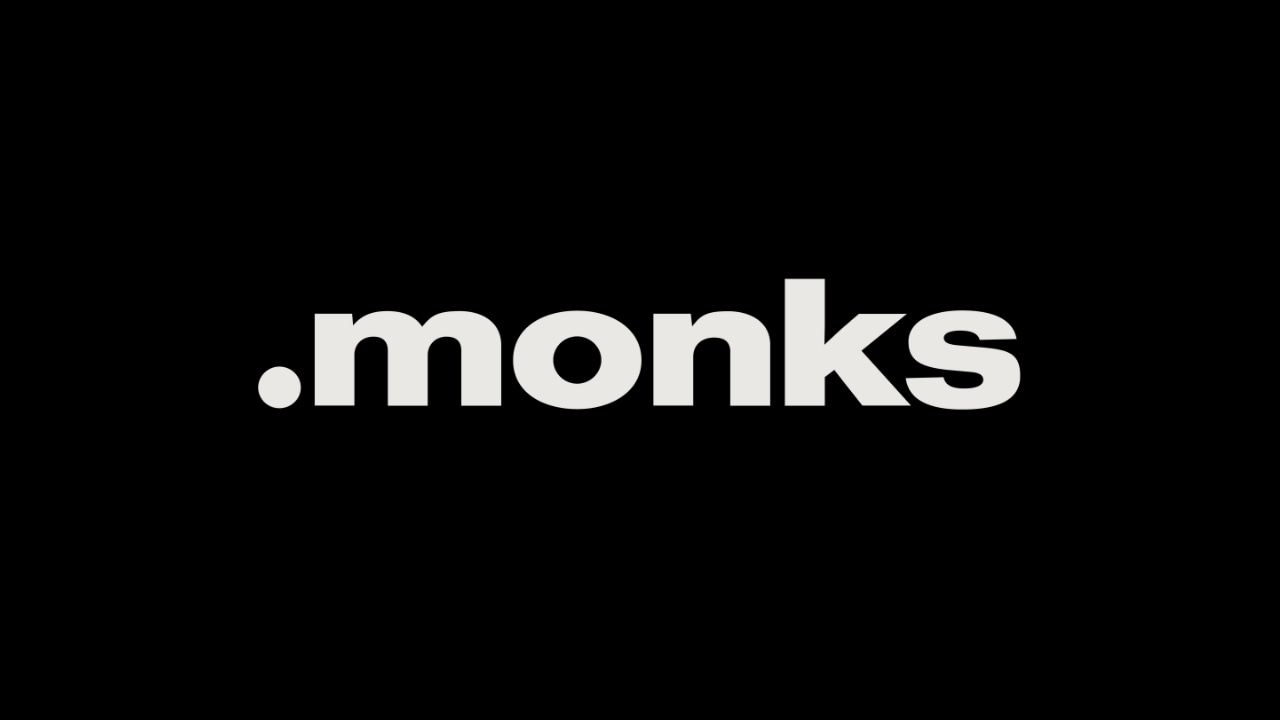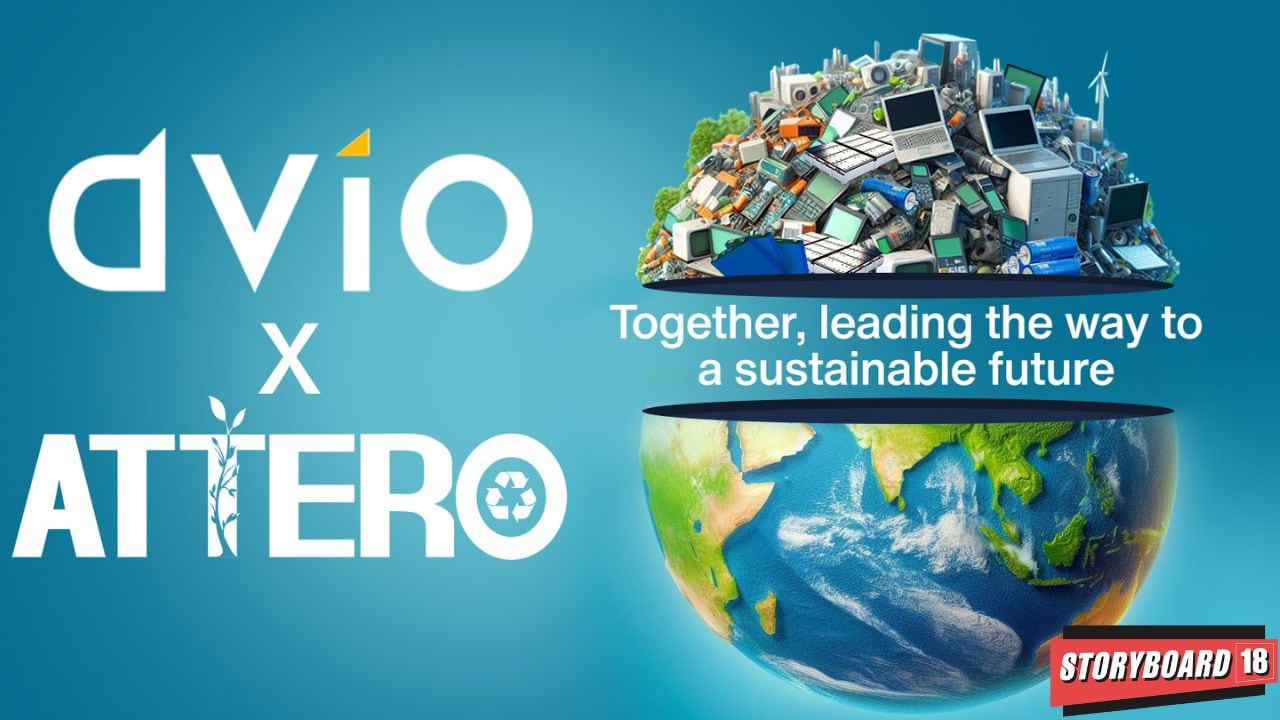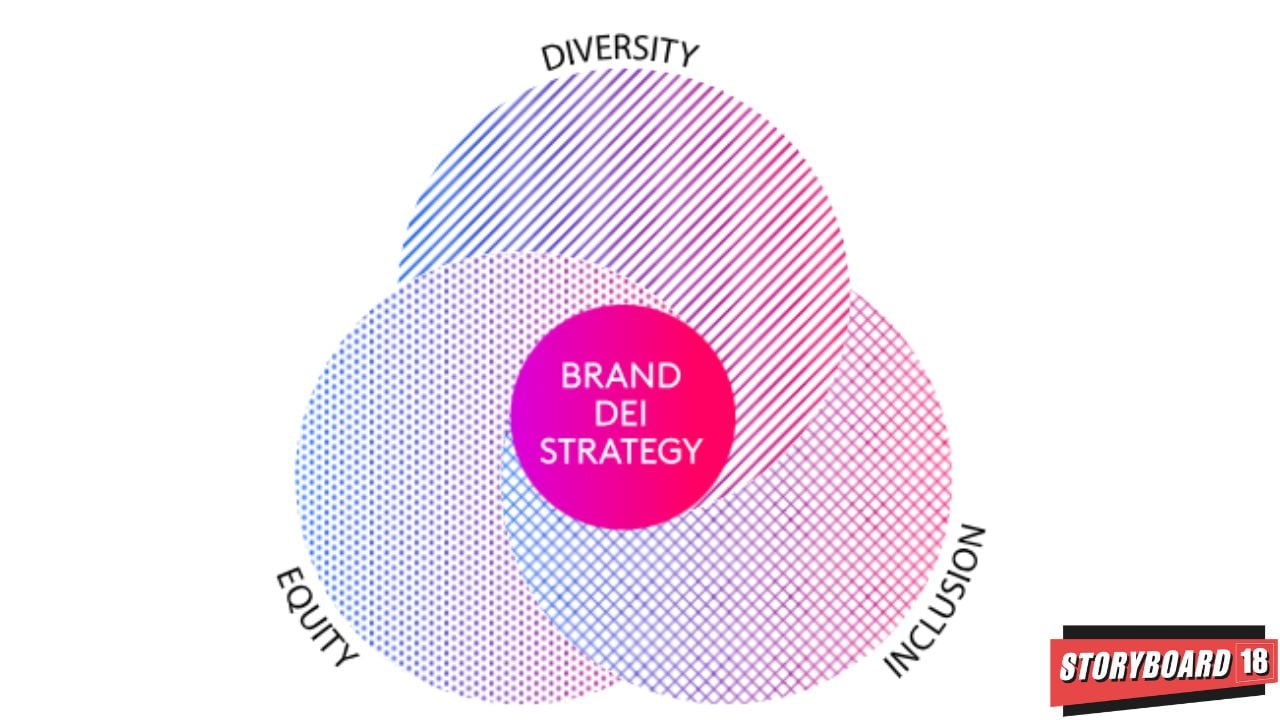Mayur Fabrics, which was established in 1974, was trying to establish itself in the urban markets. That is when upcoming star Shah Rukh Khan came on board lifted the fortunes of the brand.
Category: Advertising
BREAKING: Stakeholders meet MIB over SDC; seek clear definitions of food and health sectors
The stakeholders sought clear definitions of the food and health products. Additionally, the stakeholders suggested that the onus on advertisers to submit SDCs to agencies and publishers should not be made mandatory.
India emerges as 2nd-largest market for Netflix
In terms of Indian shows and films, Heeramandi: The Diamond Bazaar show amassed 15 million views globally, followed by Diljeet Dosanjh starrer Amar Singh Chamkila (8.3 million views)
Union Budget 2024: Favorable tax policies, push for digital infra, ease of regulations can bolster advertising industry
The media and entertainment industry expects reductions in import duty on newsprint, and revision in DVP rates, among other tax reliefs. It is hoping Modi 3.0 will offer financial support and subsidies for small and medium-sized enterprises (SMEs) and fuel funds in the creator economy.
MTV rolls out #TuchchVichaar campaign to celebrate Pride Month and beyond
Conceptualised by MTV, the campaign film depicts a parallel universe where the LGBTQIA+ community is fully accepted, and it’s a straight, heterosexual individual who stands out as different.
Media.Monks rebrands as ‘Monks’, Sets stage for growth beyond media
Monks’ organisational and reporting structures to support the new services model will be launched in 2025.
Reckitt’s non-core brand Robin re-enters Indian market with creative campaign
Robin launched a TV commercial featuring a woman who confidently wears white clothes daily.
KFC India appoints FCB India as creative agency
Earlier Storyboard18 broke the news of the fast food brand’s creative mandate going up for grabs, with top agencies participating in the pitch to get the business in the capital, Delhi. FCB India has replaced Ogilvy India as KFC India’s creative agency.
DViO secures marketing mandate for Attero
As part of the mandate, DViO will develop and execute a comprehensive digital growth strategy for Attero- the electronic waste and battery recycling company.
Google, Tata Motors, Amazon, Jio and Apple are the most inclusive brands in India: Kantar
Despite progress made by some brands, the Brand Inclusion Index 2024 by Kantar reveals a significant inclusion gap that businesses must address. It identified that brands who fail to address discrimination, risk alienating a significant portion of their customer base.
